TOPLINE:
Patients with irritable bowel syndrome with constipation (IBS-C) and moderate to severe bloating achieved reductions in bloating after receiving plecanatide for 12 weeks, but those with mild bloating showed no improvement. Decreased abdominal pain and increased bowel movement frequency occurred in both groups.
METHODOLOGY:
- Plecanatide has been approved by the US Food and Drug Administration (FDA) for treating abdominal pain and constipation in people with IBS-C, and researchers aimed to gain a deeper understanding about the benefits of plecanatide in patients with IBS-C subgrouped by baseline bloating severity.
- This post hoc analysis of two phase 3 trials included 1436 patients with IBS-C who were ≤ 85 years old and were randomly assigned to receive either 3 mg plecanatide or a placebo daily for 12 weeks.
- Patients were stratified into mild and moderate to severe bloating subgroups based on baseline bloating severity scores (≤ 5 and > 5, respectively).
- Changes in bloating from baseline, abdominal pain, and complete spontaneous bowel movement (CSBM) frequency were assessed.
TAKEAWAY:
- At baseline, 23.1% experienced mild bloating, and 76.9% reported moderate to severe bloating.
- In the moderate to severe subgroup, plecanatide vs placebo led to a greater improvement in bloating severity (least squares mean change [LSMC], −1.7 vs −1.3; P = .002), abdominal pain (LSMC, −1.7 vs −1.3; P = .006), and CSBM frequency (LSMC, 1.4 vs 0.8; P < .0001) across the 12-week treatment period.
- Patients with mild bloating showed improvement in abdominal pain severity ( LSMC, −1.3 vs −1; P = .046) and CSBM frequency (LSMC, 2 vs 1.2; P = .003) with plecanatide vs placebo but no improvement in bloating.
- Diarrhea was reported by ≤ 5% patients in any subgroup receiving plecanatide, indicating that it is well-tolerated regardless of the baseline bloating severity.
IN PRACTICE:
"In nutshell, since bloating, a difficult-to-treat and most bothersome symptom in patients with IBS, has no FDA-approved treatment, this study adds to the limited number of medications that clinicians have in their armamentarium to potentially treat bloating in patients with IBS-C," Will Takakura and Prashant Singh of the Division of Gastroenterology, Department of Medicine, University of Michigan, Ann Arbor, Michigan, wrote in an accompanying commentary.
SOURCE:
The study, led by Darren M. Brenner, MD, Department of Medicine, Division of Gastroenterology and Hepatology, Northwestern University Feinberg School of Medicine, Chicago, was published online in Digestive Diseases and Sciences.
LIMITATIONS:
The post hoc nature of this analysis and limited demographics of enrolled participants (predominantly women and White) were limitations. The authors also acknowledged that it was difficult to identify and assess the severity of bloating, as many patients use this term synonymously to describe abdominal distention.
DISCLOSURES:
This study was supported by Salix Pharmaceuticals. Three authors declared serving as employees of Salix Pharmaceuticals. Other study authors declared receiving research support, serving as consultants or speakers, or being on advisory boards for various pharmaceutical companies, including Salix. The commentary authors declared no conflicts of interest.

.webp) 2 weeks ago
7
2 weeks ago
7
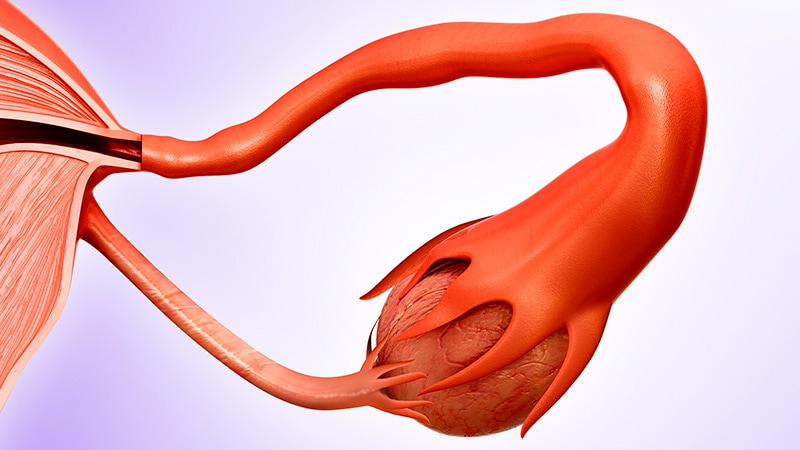


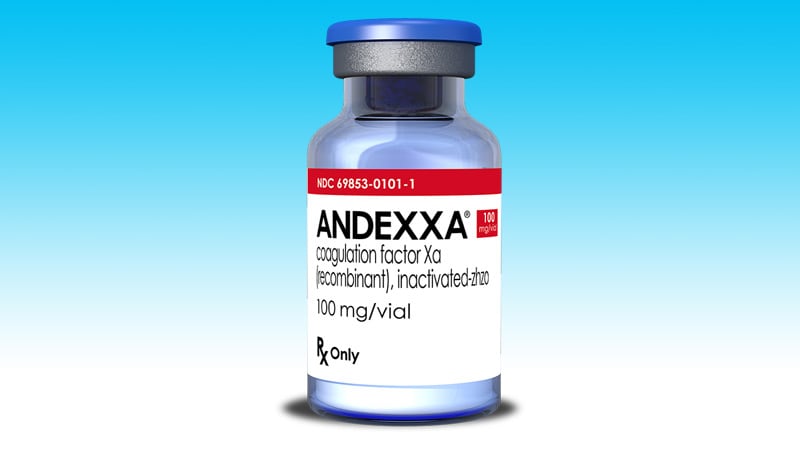

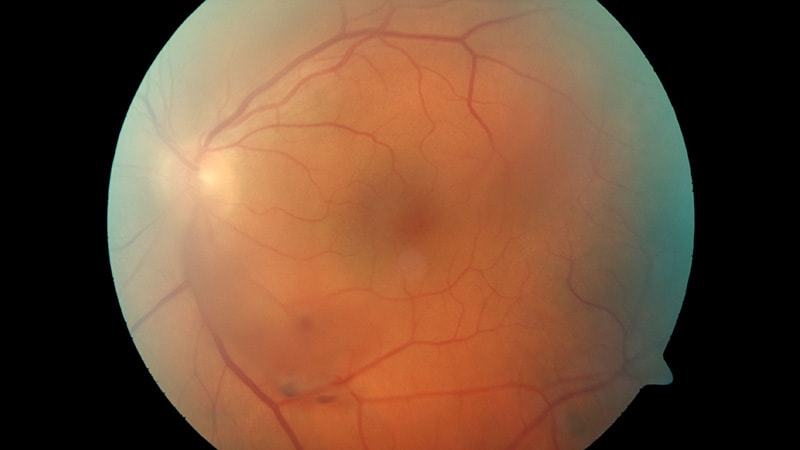

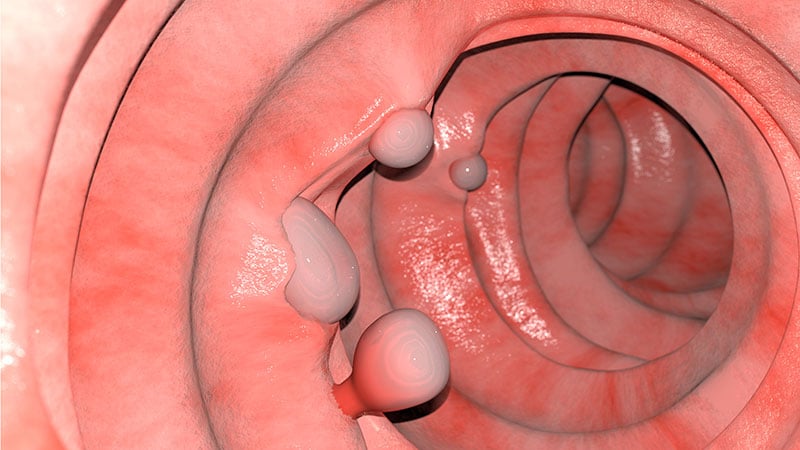




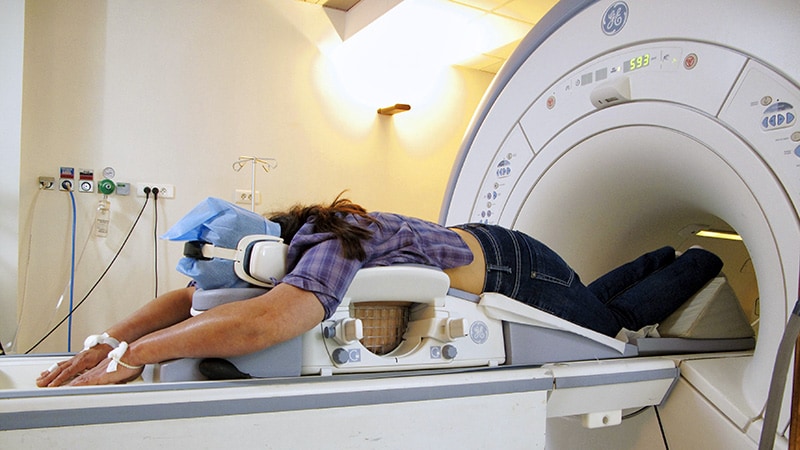
















 English (US)
English (US)